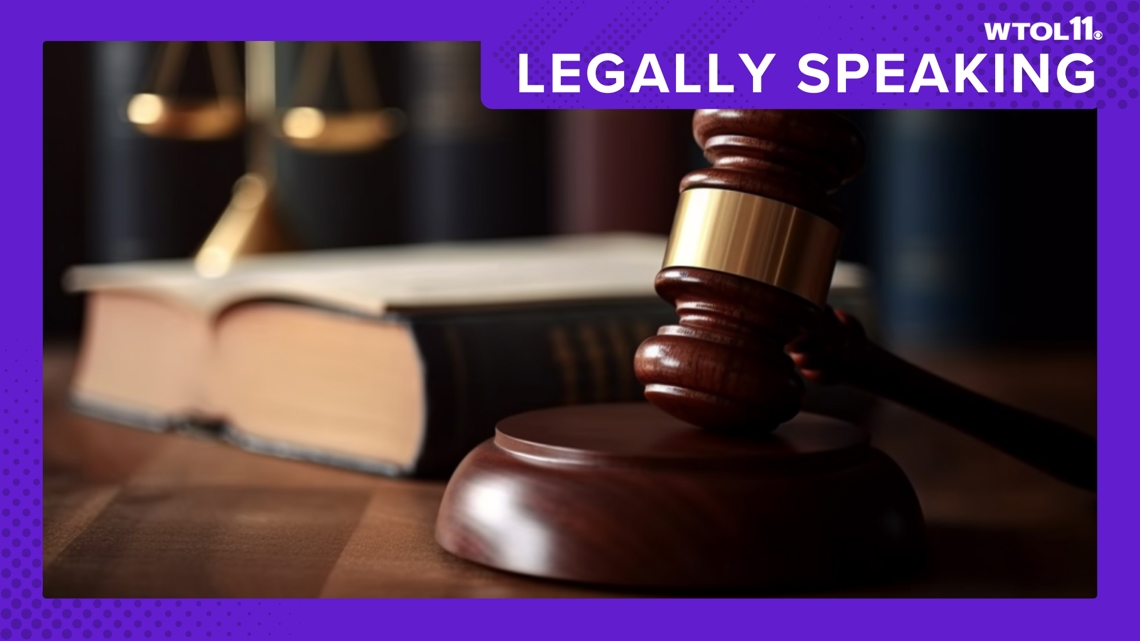
Prosecutors have not yet taken the death penalty off the table for Darnell Ogletree-Jones’ capital murder case, but what information may sway their decision?
TOLEDO, Ohio — Lucas County prosecutors are handling their first capital murder case in more than a decade, after Darnell Ogletree-Jones was transported back to Toledo to face charges for the murder and rape of his 13-year-old daughter, Kei’Mani Latigue.
Capital murder cases are eligible for the death penalty. While it is not yet known if prosecutors intend to seek the death penalty in Jones’ case, it is not off the table.
What are the criteria for prosecutors to seek the death penalty in Ohio?
Criteria for death penalty eligibility
Under Ohio Revised Code, to seek the death penalty in a murder case, the prosecution must prove beyond a reasonable doubt that the defendant committed aggravated murder, with at least one statutory aggravating circumstance present in the indictment. These circumstances include:
- Murder for hire or for financial gain.
- Murder committed during the commission or attempted commission of certain felonies such as kidnapping, rape, aggravated arson, aggravated robbery or aggravated burglary.
- Murder of a law enforcement officer or other specified public officials, when the offender knew or reasonably should have known the victim’s status.
- Murder committed to escape detection, apprehension, trial or punishment for another offense.
- Murder committed while the offender was under detention or while at large after escaping detention.
- Murder of a witness to prevent testimony or in retaliation for testimony.
- Murder of a victim under 13 years of age, with prior calculation and design.
- Murder committed during an act of terrorism.
It’s at the prosecutor’s discretion to pursue the death penalty. Prosecutors must file a formal notice of intent to seek the death penalty, usually after indictment but before trial proceedings advance.
Until that happens, the death penalty is not officially on the table, even though the charges would allow for it.
What prevents the death penalty from being imposed?
If an aggravated circumstance is present, the death penalty cannot be imposed if the defendant was under 18 years old at the time of the offense or if the defendant was found to have a serious mental illness.
Additionally, prosecutors can make a deal with the defendant to take the death penalty off the table.
A judge decides to impose a sentence less severe than death, such as life in prison without the possibility of parole. If even one juror opposes the death penalty, the court is required to impose a life sentence.



